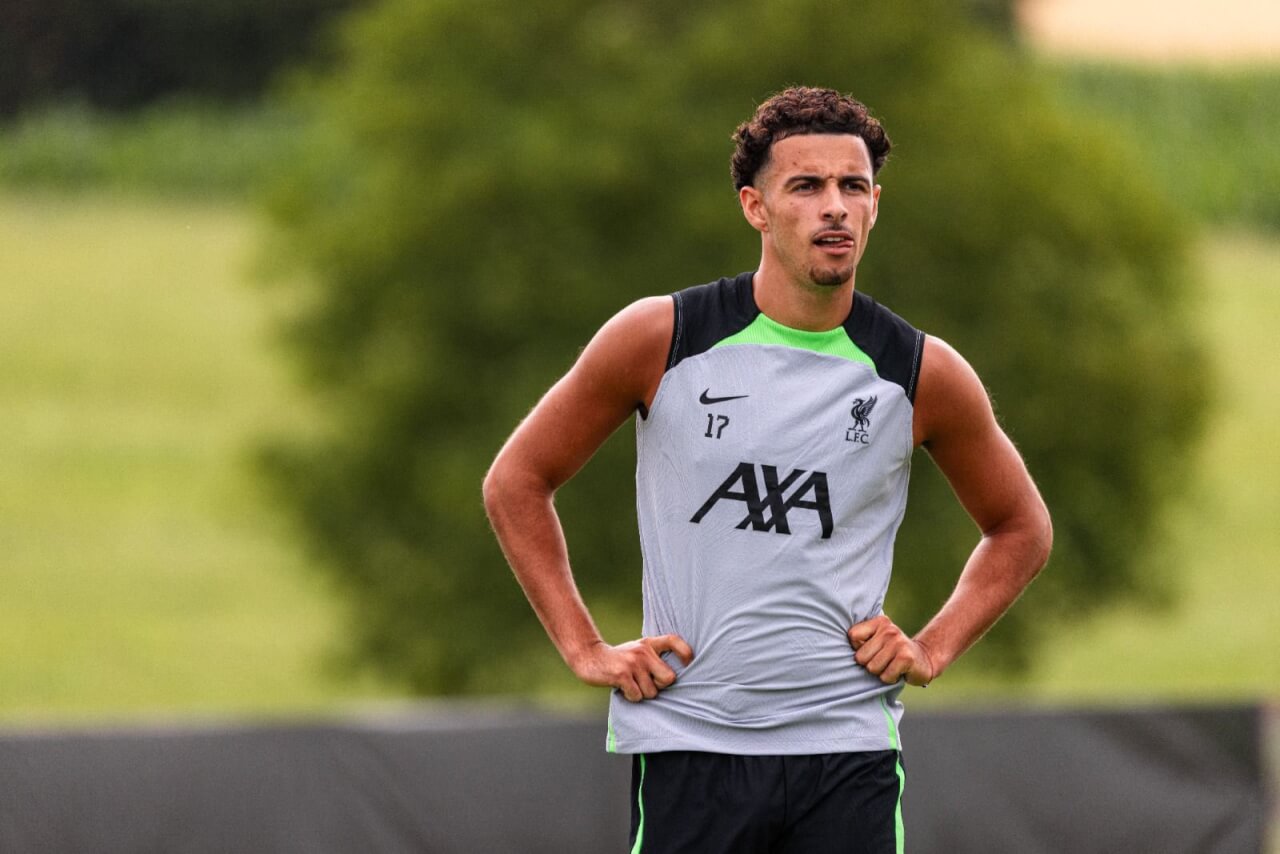Exploring the Depths of PGMOL’s VAR Controversy
In a match that will be remembered more for its officiating than the football played, Liverpool found themselves embroiled in a VAR controversy against Tottenham Hotspur. Luis Diaz’s goal, erroneously ruled out for offside, became the focal point of discussions, overshadowing the on-pitch drama and sparking a flurry of debates about the efficacy and reliability of VAR technology. The PGMOL, tasked with overseeing match officials in English football, conceded that a “significant human error” had occurred, promising a thorough review.
Liverpool’s Quest for Transparency and Integrity
Liverpool, in their pursuit of “full transparency”, have called for the release of audio exchanges between the officials, including the VAR team, though stopping short of demanding a fixture replay. The club’s statement underscored that the sporting integrity was compromised due to the misapplication of the game’s laws. The PGMOL’s acknowledgment of the error and subsequent actions, such as sidelining VAR Darren England from future matches, have done little to quell the rising tide of dissatisfaction emanating from the Merseyside club.
Legal Avenues: A Complex Web of Challenges and Hurdles
The legal pathways available to Liverpool in this scenario are intricate and fraught with challenges. Experts like Dan Chapman, head of sport and employment at Leathes Prior, and Hannah Kent, a senior associate at Onside Law, have expressed skepticism regarding the viability of legal claims. The general consensus among legal professionals is that while on-field decisions rarely face post-event interference, Liverpool might leverage this incident to advocate for radical changes in the VAR system and officiating in English football.
Historical Precedents: Technology and Process Failures in Football
The history of the Premier League has witnessed its share of technological and process failures. Notable incidents, such as VAR mistakes in the Crystal Palace vs. Brighton match and the Hawk-Eye failure in the Sheffield United vs. Aston Villa game, have stirred controversies and debates in the past. While some clubs like Sheffield United chose not to pursue their grievances, these incidents serve as stark reminders of the imperfections and fallibilities embedded within football’s technological adjudication systems.
Moving Forward: Advocating for Change and Accountability
While the legal options might be limited and complex, Liverpool’s stance against the PGMOL and the VAR controversy could serve as a catalyst for change in the officiating landscape of English football. The club’s demand for transparency and a thorough review of the incident not only highlights the immediate issue but also brings to the forefront the broader discussion about the role, implementation, and reliability of VAR in the sport. Whether or not tangible changes will materialize remains to be seen, but the incident has undoubtedly cast a spotlight on the pressing need for reform and accountability within football officiating.



